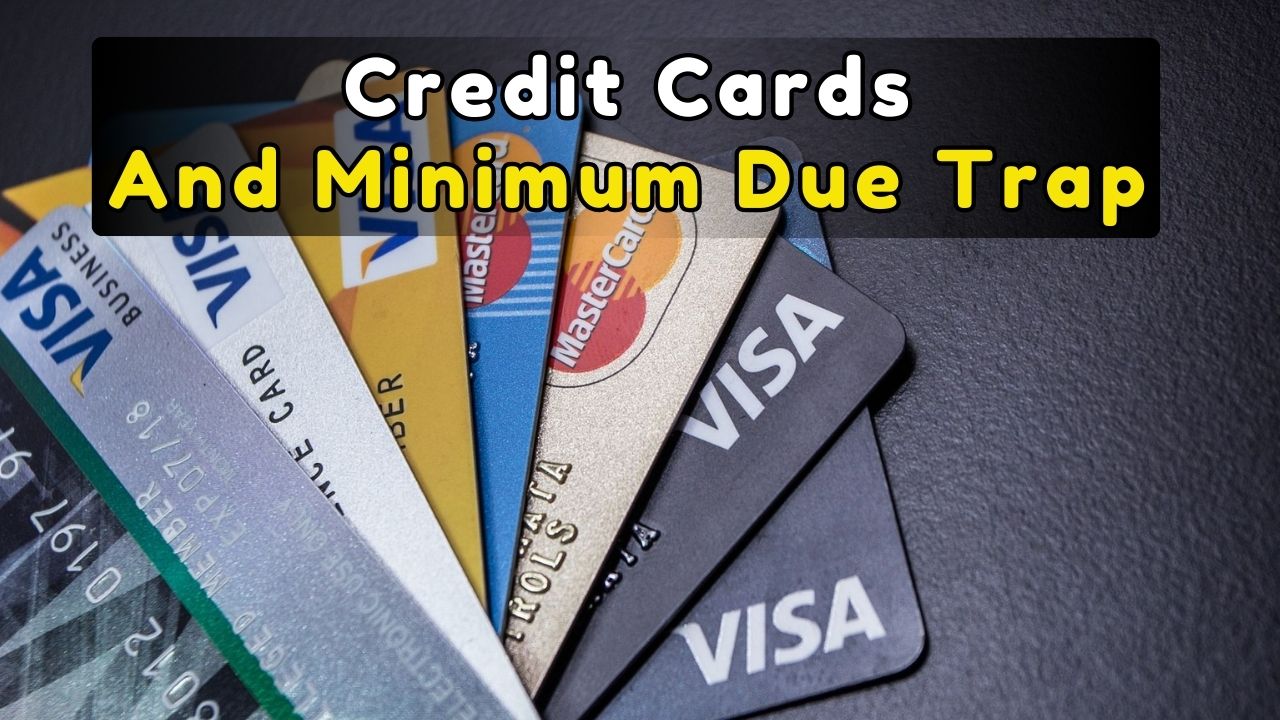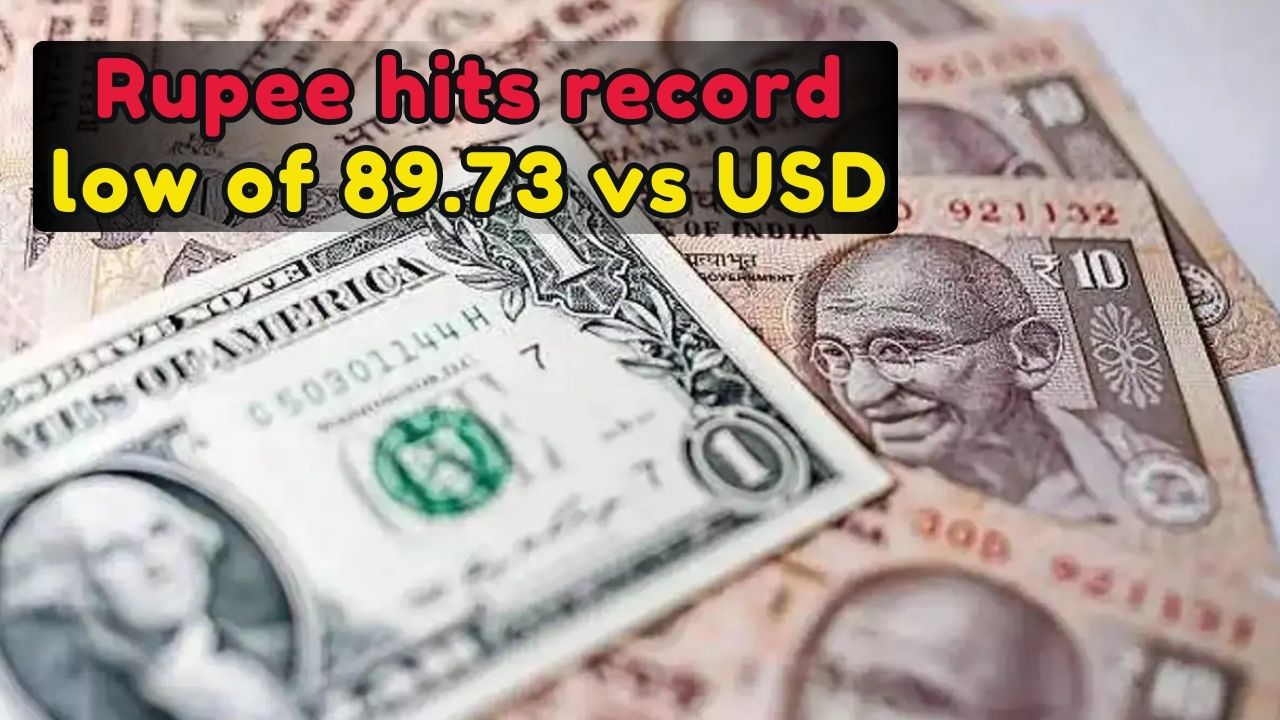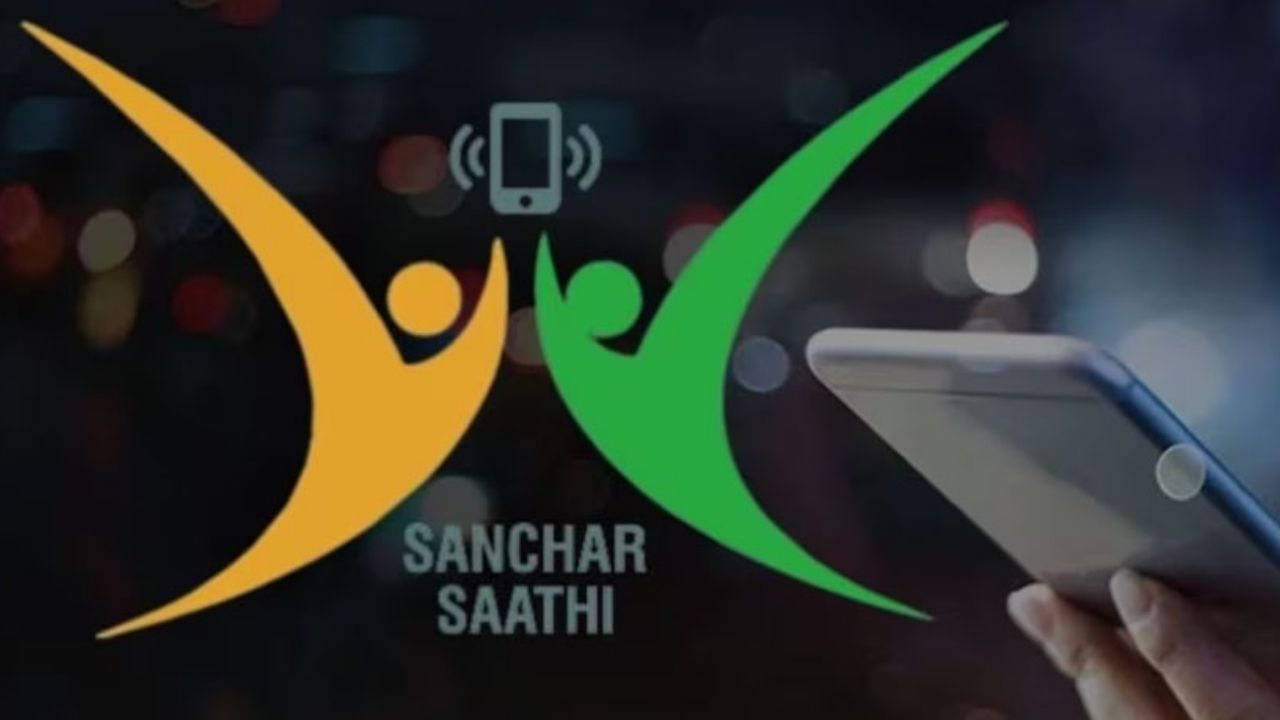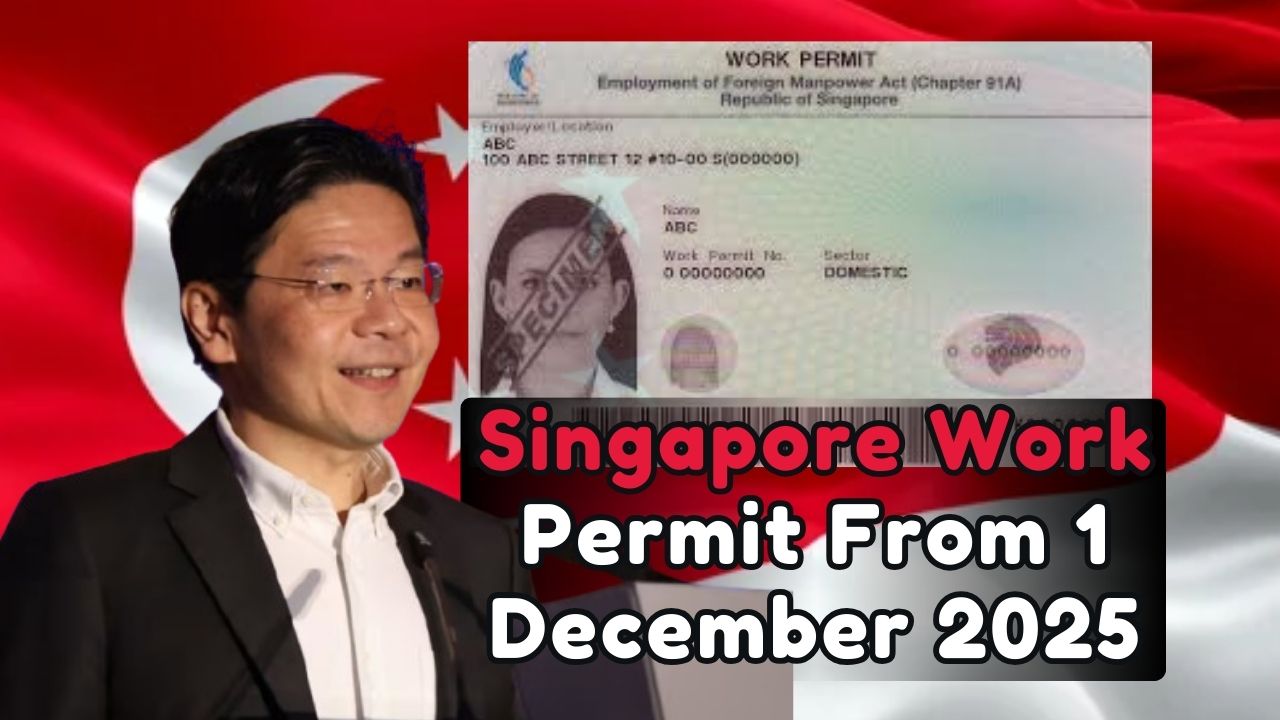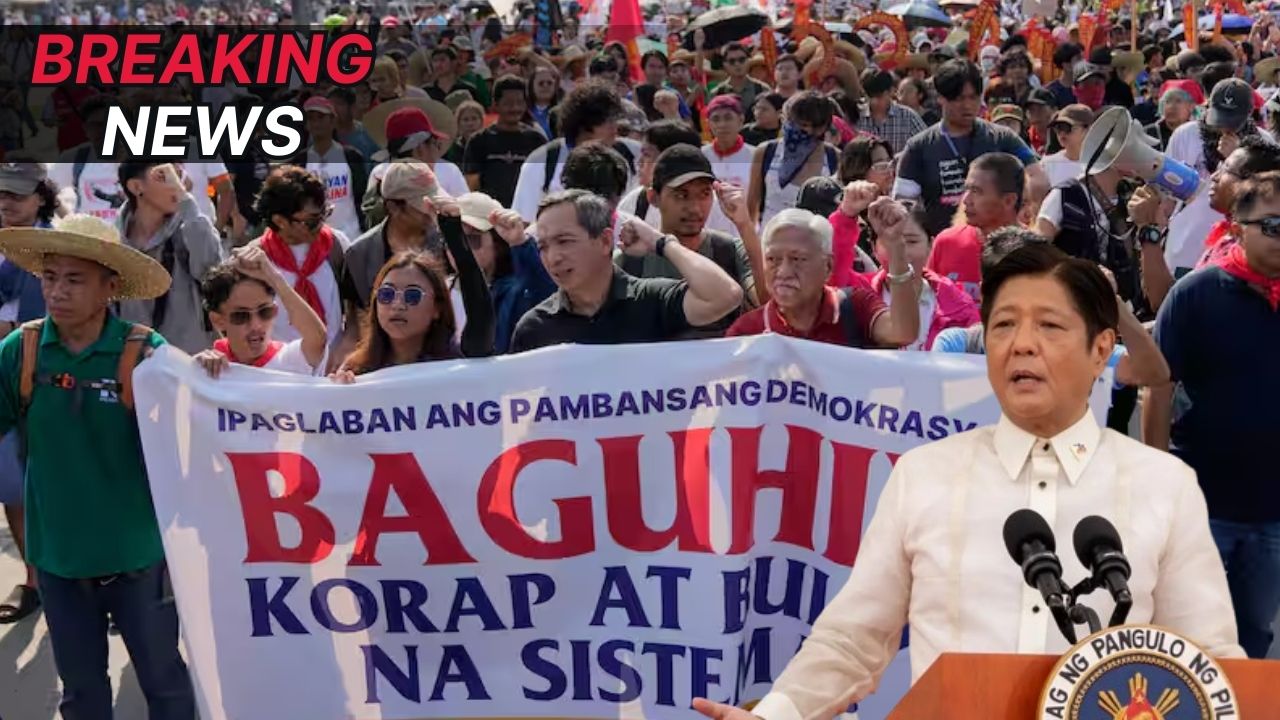Credit cards have become an essential financial tool for millions of people, offering convenience, rewards, and instant purchasing power. However, behind this convenience lies a common misunderstanding that traps many users in long term debt. When the monthly bill arrives, most people focus only on the minimum due amount and feel relieved that they need to pay just a small percentage of the total outstanding balance. What they don’t realise is that this minimum due option is a strategic design that benefits banks, not customers. The moment you choose to pay only the minimum amount, you trigger high interest charges, lose your interest free period, and step into a cycle of mounting debt.
Understanding how the minimum due system works is crucial for maintaining financial discipline, protecting your credit health and improving your CIBIL score. This article breaks down the truth behind the minimum due trap, explains the impact on your credit score and provides practical steps to use your credit card wisely while staying debt free.
Credit Cards Are Useful, But Minimum Due Can Be Dangerous
Credit cards have become an essential part of daily life. From online shopping and utility bills to travel bookings and emergency expenses, one small plastic card can handle almost everything. The problem begins when the bill arrives and card users focus only on the minimum due instead of the total amount due.
At first glance, the minimum due looks like a relief. If your bill is Rs 40,000 and the minimum due is only Rs 2,000, it feels manageable. Many people assume that paying this amount is enough to stay safe. In reality, this is where the trap starts. The minimum due is usually around 5 percent of the total bill and is designed to ensure you are not marked as a defaulter, but it does not save you from heavy interest.
Short Summary
Key Point |
Details |
|---|---|
Main Topic |
Impact of paying only minimum due vs full credit card payment |
Hidden Risk |
Minimum due is usually around 5 percent of total bill and triggers heavy interest on the rest |
Interest Rate Range |
Credit card interest can be around 30 to 45 percent per year on unpaid balances |
Effect On Free Credit Period |
Once you stop paying in full, the interest free period on new spends usually ends |
Impact On CIBIL Score |
Paying full amount on time supports a strong score above 750 and better loan eligibility |
Debt Spiral Risk |
Only paying minimum due keeps principal almost intact and grows interest over time |
Way Out Of The Trap |
Convert dues to EMIs, control spending, and set auto pay for full bill payment |
Key Safety Rule |
Use your credit card like a debit card and spend only what you can repay in full |
Target CIBIL Range |
A score of 750 and above is generally considered good for credit approval |
Official Site Link |
Official RBI information on credit and cards: www.rbi.org.in |
What Exactly Is The Minimum Due Trap
When a credit card statement is generated, you see two numbers clearly:
- Total Amount Due
- Minimum Amount Due
The bank is giving you a choice. Either clear the full outstanding or pay a small portion and carry forward the rest. Most people see the smaller number and choose it, believing they will pay the remaining amount next month.
However, when you pay only the minimum due:
- You avoid late payment fees for that cycle
- But your remaining balance starts attracting very high interest
- Any new spending also begins to attract interest if the previous dues are not cleared
So what looks like flexibility actually becomes a costly loan at one of the highest interest rates in the financial system.
How Minimum Payments Start The Interest Avalanche
Credit cards often carry an annual interest rate of about 30 to 45 percent on unpaid balances. This is much higher than most personal loans or other forms of credit. Once you start rolling over your balance:
- Interest is charged on the unpaid amount every month
- If you continue to pay only the minimum due, the principal hardly reduces
- Interest is then charged on interest and on any fresh spends
Over time, you may reach a point where:
- You have already repaid more than what you originally spent
- Yet your outstanding balance still looks large or even higher
This is why people feel stuck and begin to see credit card debt as a never ending burden.
Loss Of The Interest Free Period
One of the biggest advantages of a credit card is the interest free period, usually around 45 to 50 days. This means if you pay your full bill by the due date, you enjoy short term credit at zero interest.
But this benefit disappears once you stop paying in full. If you carry forward any outstanding amount:
- The interest free period on new purchases usually ends
- Interest starts from the day of each new transaction
- Every swipe becomes more expensive because you are now paying interest from day one
So by choosing minimum due today, you are sacrificing your future interest free benefits and turning your card into a very costly borrowing tool.
Why Minimum Due Creates A Debt Illusion
Paying the minimum due every month creates a psychological illusion. You feel you are doing the right thing because:
- You pay something on time
- You do not get a late fee
- Your card remains active
However, the reality is different:
- Your principal remains almost the same
- Interest keeps getting added
- Your available credit limit shrinks
- Over time, you feel constantly pressured and stressed
If this pattern continues for many months, the outstanding can grow to a point where it becomes extremely difficult to repay without a big sacrifice or major financial restructuring.
Full Payment Every Month Protects And Boosts Your CIBIL Score
The smartest and safest way to use a credit card is simple: always pay the full amount due by the due date.
Doing this gives you three powerful benefits:
- Zero Interest Cost
You use the bank’s money for up to 50 days and pay no interest as long as the full bill is cleared. - Better Credit Utilisation Ratio
When you pay in full, your outstanding stays low compared to your total credit limit. A lower utilisation ratio supports a strong CIBIL score. Ideally, keep credit usage below 30 to 40 percent of your limit. - Higher CIBIL Score Over Time
Regular full payments show lenders that you are disciplined and responsible. This pattern can help push your CIBIL score above 750, which is generally considered a strong score for getting loans and credit cards at better interest rates.
A good CIBIL score can help you:
- Get faster approvals for home loans, car loans and personal loans
- Negotiate better interest rates
- Access premium cards and offers
Already Caught In The Minimum Due Cycle? Here Is How To Escape
If you are already paying only the minimum due and your balance feels out of control, do not panic. You can still fix the situation with a clear plan.
1. Convert Outstanding Into EMIs
Ask your bank to convert your total outstanding into EMIs. Credit card EMI interest is usually around 12 to 15 percent per year, which is much lower than the normal revolving interest rate. This will:
- Reduce your monthly burden
- Give you a clear end date for repayment
- Stop the continuous compounding of high interest
2. Use Auto Pay For Full Payment
Connect your credit card to your bank account and set auto pay for the full amount due (not just minimum due). This ensures:
- You never miss the due date
- You avoid both interest and late fees
Just make sure you maintain sufficient balance in your bank account before the debit date.
3. Treat Your Credit Card Like A Debit Card
Before using the card, ask yourself one question: Do I have this amount in my bank account right now?
If the answer is yes, then you can swipe confidently and pay the full bill later. If the answer is no, avoid the purchase or delay it until you have enough funds.
4. Avoid Multiple Cards If You Struggle With Control
If you already find it hard to manage one card, having three or four will only complicate your finances. Keep your setup simple and manageable.
Frequently Asked Questions
1. Does paying only the minimum due hurt my CIBIL score immediately?
Paying the minimum due on time usually prevents missed payment entries, so your score may not fall immediately. However, your rising outstanding and high utilisation can gradually hurt your CIBIL score over time.
2. Why is credit card interest so high compared to other loans?
Credit cards are unsecured and highly flexible, so banks charge a high interest rate to cover the risk. This is why rolling over balances month after month becomes very expensive.
3. Is converting my dues to EMI a good idea?
Yes, in most cases. EMI conversion applies a lower interest rate compared with regular credit card interest, gives you a fixed tenure and makes repayment more predictable.
4. What is a good CIBIL score for getting better loan deals?
Generally, a CIBIL score of 750 and above is considered good. Higher scores improve your chances of approval and help you negotiate better interest rates on loans and credit cards.
5. How can I develop healthy credit card habits?
Limit your spending to what you can repay in full, track your expenses, set auto pay for full payment, review your statement every month and avoid using your card for impulsive, non essential purchases.
For More Information Click HERE

